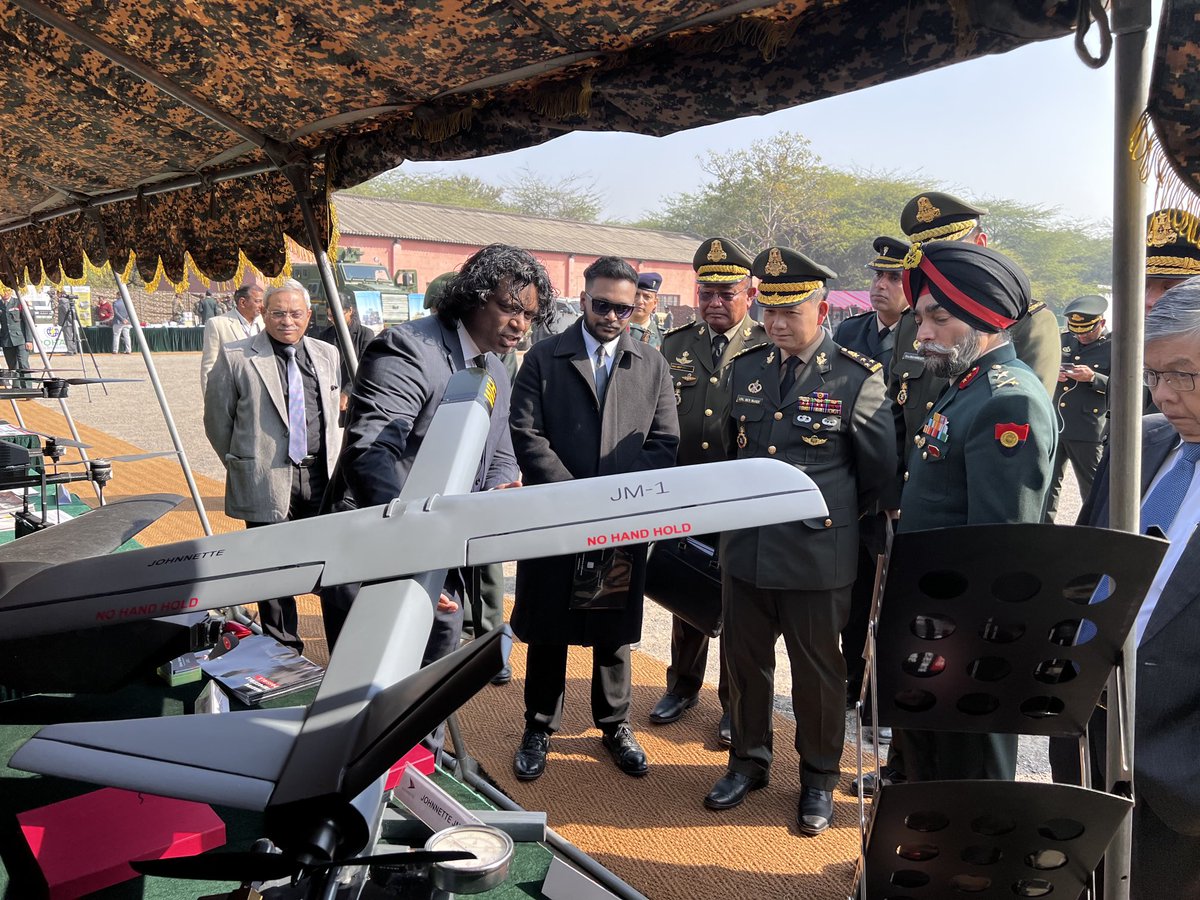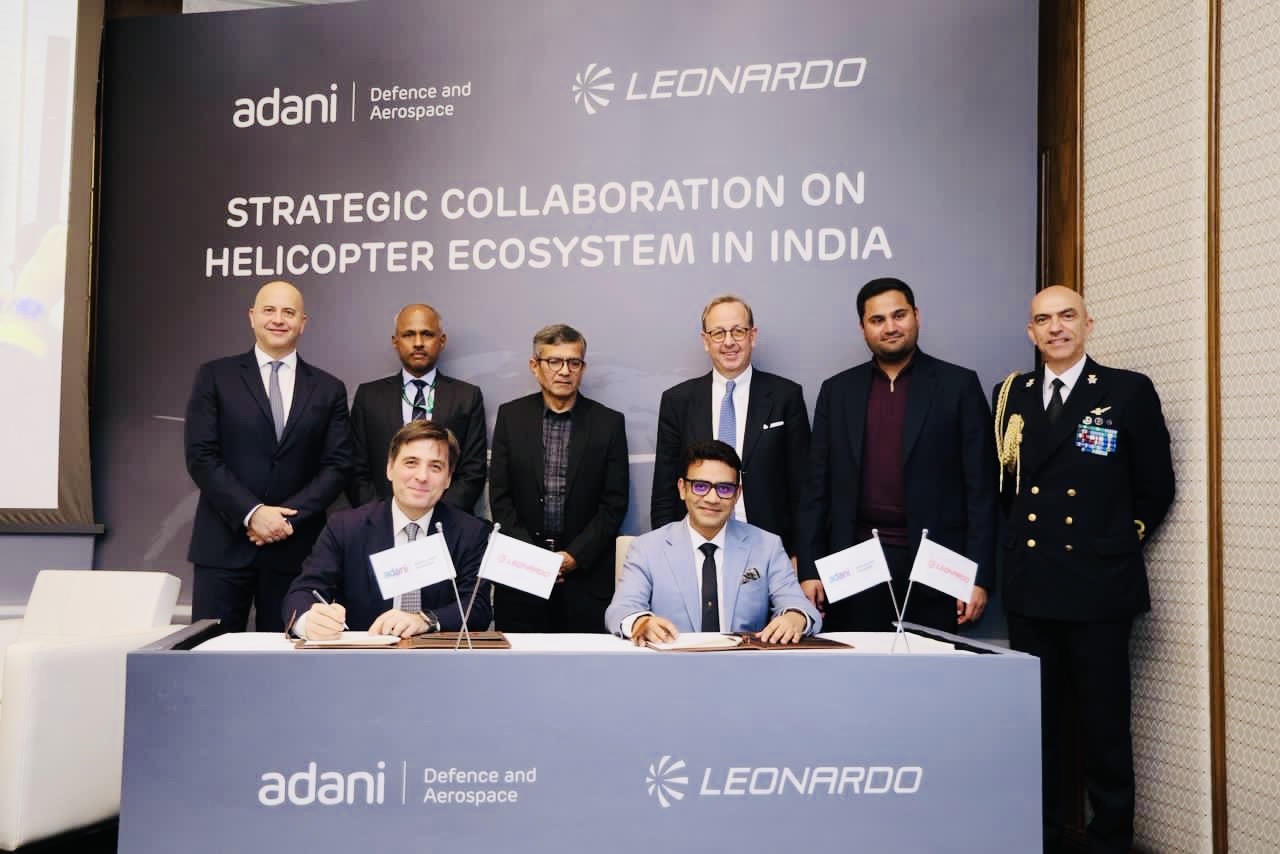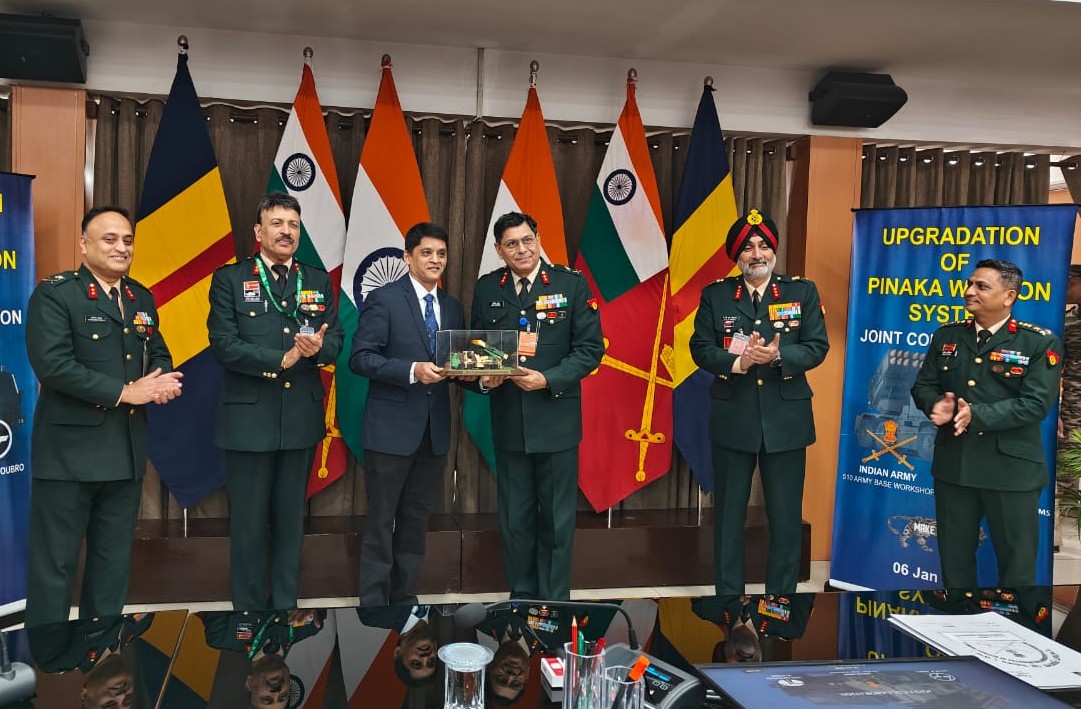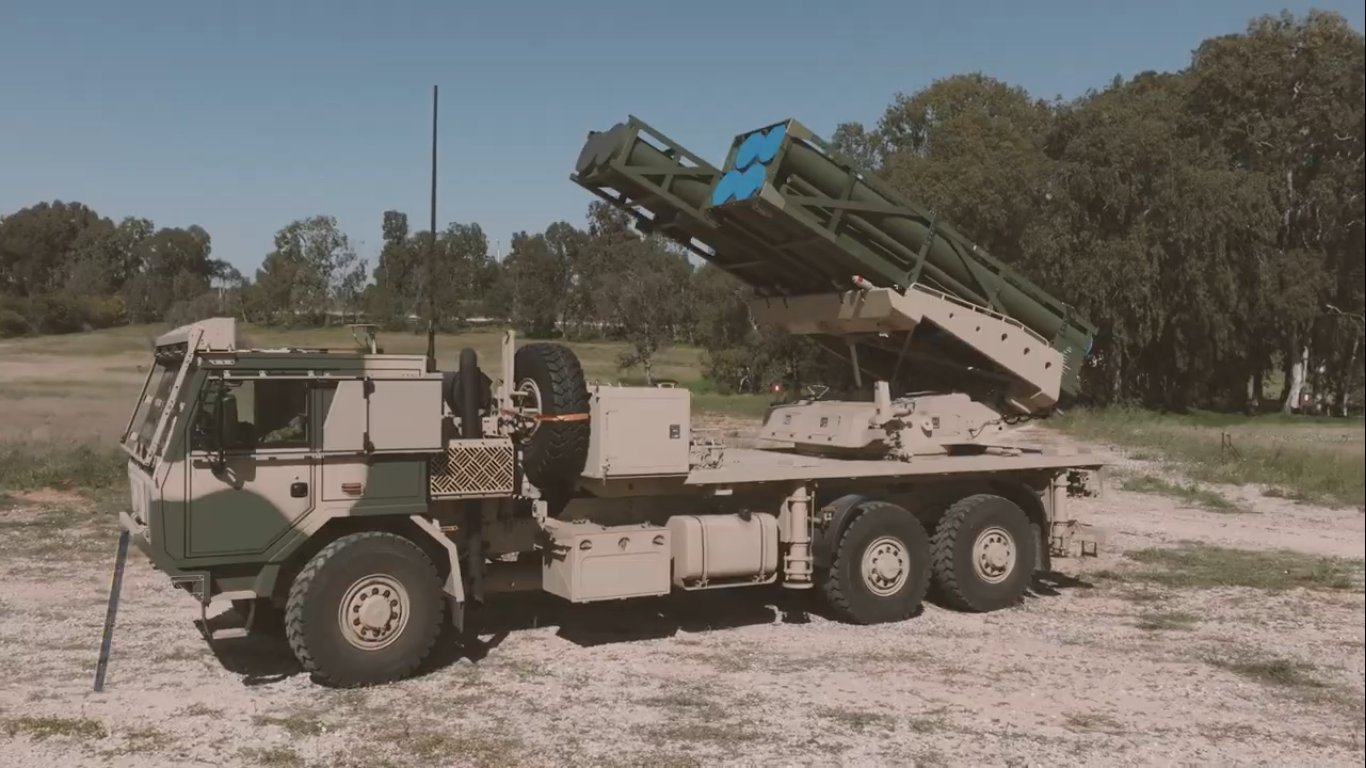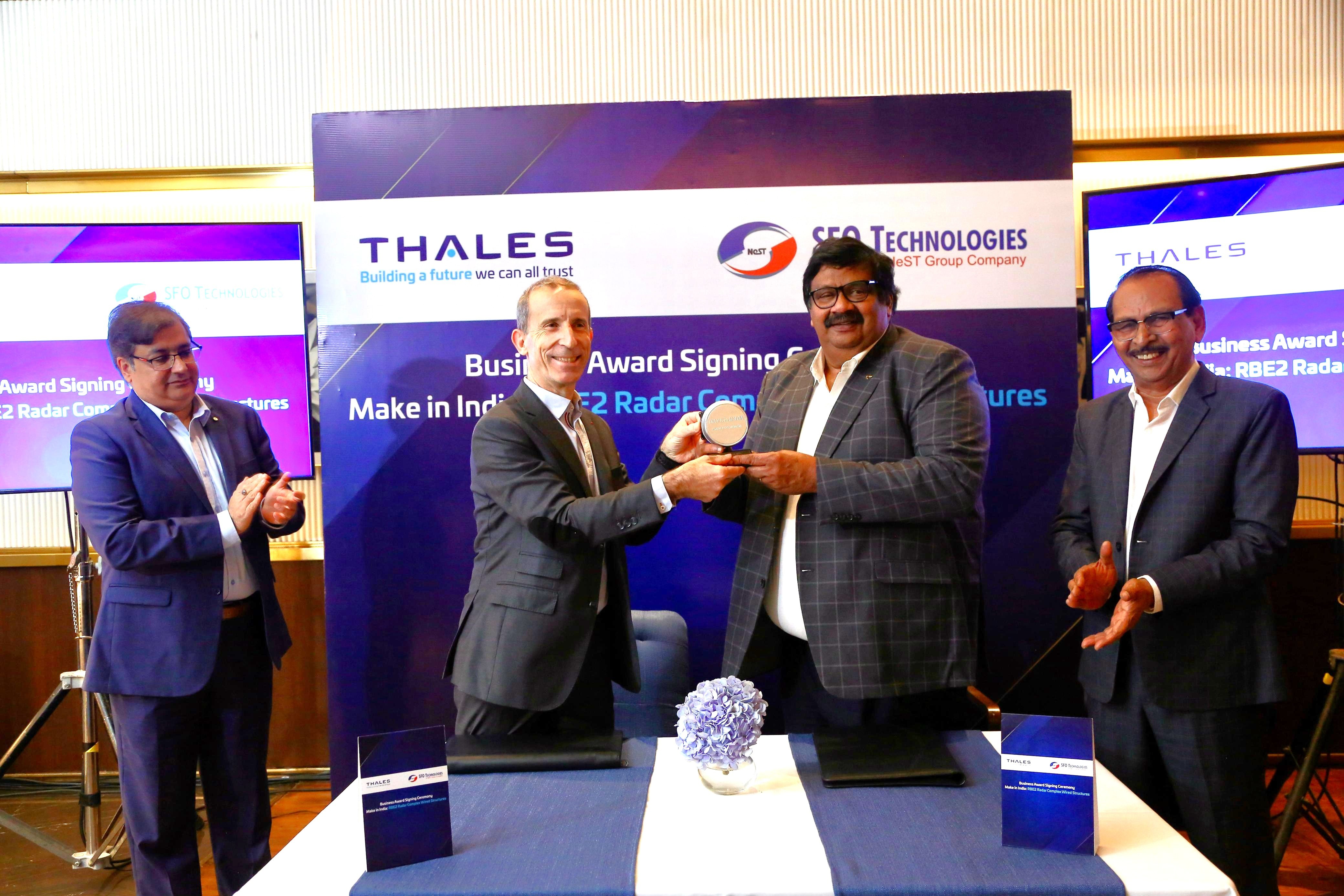
New Delhi: The Anil Dhirubhai Ambani-led Reliance Defence Limited has secured a substantial export contract worth ₹600 crore from German arms giant Rheinmetall Waffe Munition GmbH. This marks a significant breakthrough for India’s private defence-manufacturing sector and underscores the growing international confidence in the country’s defence capabilities.
Earlier this month, the Reliance Defence signed a partnership agreement with Diehl Defence to manufacture precision ammunition, as India Sentinels had reported.
The deal, announced on Wednesday, represents one of the largest export orders in high-technology ammunition secured by an Indian private defence company. The order comes just a month after the two companies signed an MoU (memorandum of understanding), highlighting the rapid progression of their strategic partnership.
The contract demonstrates India’s evolving role in the global defence supply chain, particularly in the European market where quality standards and technological specifications are exceptionally stringent. For Reliance Defence, the deal represents a crucial step in establishing itself as a credible international defence supplier.
Armin Papperger, chief executive of Rheinmetall AG, characterized the partnership as emblematic of the company’s commitment to India under the leadership of the prime minister, Narendra Modi. The collaboration reflects broader trends in international defence partnerships, where established European manufacturers are increasingly seeking Indian partners to leverage cost advantages and manufacturing capabilities.
The founder chairman of Reliance Group, Anil Ambani, positioned the deal within the framework of India’s Atmanirbhar Bharat (self-reliant India) initiative, describing it as a “defining milestone” for the country’s private defence manufacturing sector. Ambani articulated an ambitious vision of establishing Reliance Defence among the world’s top three defence exporters – a goal that would require significant scaling of operations and technological capabilities.
The partnership assumes particular significance against the backdrop of India’s defence modernization efforts and the government's push to transform the country into a major defence exporter. India’s defence exports have grown substantially in recent years, reaching approximately $2.6 billion in the financial year 2023-24, which represents over eight-fold increase from 2016-17 levels.
The manufacturing operations will be integrated into the ambitious Dhirubhai Ambani Defence City project in Ratnagiri, Maharashtra. This facility, being developed in the Watad industrial area, is positioned to become the largest greenfield defence manufacturing project undertaken by any private company in India. The facility will encompass manufacturing capabilities for explosives, ammunition, and small arms, creating a comprehensive defence manufacturing ecosystem.
The Rheinmetall partnership adds to Reliance Defence’s growing portfolio of international collaborations. The company has previously established partnerships with other global defence manufacturers as part of its strategy to access cutting-edge technologies and establish credibility in international markets.
The deal’s timing is particularly significant as it comes during a period of heightened global defence spending, driven by geopolitical tensions and modernisation requirements across various countries. European nations, in particular, have been increasing their defence budgets following the Russia-Ukraine conflict, creating opportunities for suppliers who can meet their quality and delivery requirements.
For Rheinmetall, the partnership represents part of a broader strategy to diversify its supply chain and reduce manufacturing costs while maintaining quality standards. The German company, known for its advanced military technology and systems, has been exploring partnerships in cost-competitive markets to strengthen its global position.
The success of this partnership could serve as a template for other international defence manufacturers looking to establish operations in India. The country’s skilled workforce, improving infrastructure, and supportive government policies have made it an attractive destination for defence manufacturing investments.
The deal also seen as a reflection of the maturation of India’s private defence sector, which has developed considerably since the government opened up defence manufacturing to private players. Companies like Reliance Defence have invested heavily in developing capabilities and establishing quality systems that meet international standards.
Market analysts view the contract as validation of India’s growing capabilities in defence manufacturing and its potential to become a significant player in global defence exports in the coming years. The announcement led to a 5% surge in Reliance Infrastructure shares, hitting the upper circuit limit, reflecting investor confidence in the company's defence ventures.
The partnership between Reliance Defence and Rheinmetall is expected to create employment opportunities and contribute to skill development in the defence manufacturing sector. It also represents a step towards reducing India’s dependence on defence imports while simultaneously building export capabilities.
Analysts say the success of this collaboration could pave the way for similar partnerships and contribute to India’s broader strategic objectives in the defence sector.



